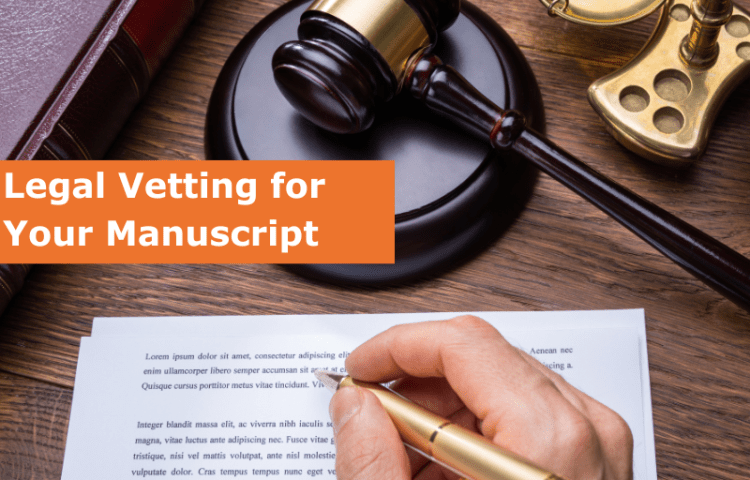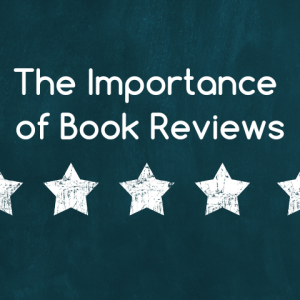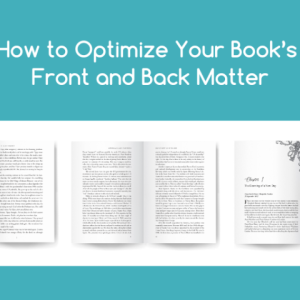Today, we have a guest post from Attorney Carolyn Schurr Levin and law student Catherine Gumarin on the benefits of legal vetting for book manuscripts. We have referred several clients to this process in recent years and wanted the Bublish community of authors to more fully understand the benefits and what is involved. Here’s their post:
The benefit of having your manuscript vetted by an attorney experienced in prepublication review cannot be overstated. Although no lawyer can guarantee that you will not be sued, a legal review of your manuscript can assess the risks and minimize the likelihood that any potential claims will be successful. There is no way to overstate how important that is.
Having your book vetted by a lawyer can also be used as evidence that you were not negligent if there is an eventual claim made against your book. And, it can also assist you in obtaining your own media liability insurance, if that is something you might want to consider.
Here’s What a Vetting Lawyer Does:
- Looks for potential plaintiffs (both people and companies, named and unnamed) and for content that can be potentially problematic. This review includes the analysis of a host of potential legal issues, including libel, invasion of privacy, copyright and trademark infringement, sourcing and interviews, and other matters.
- Considers how you would defend the flagged risky content involving those potential plaintiffs. Although authors may focus on their main characters, peripheral characters are often the ones who bring claims. Nonfiction writers are concerned about living subjects. Fiction writers may be concerned about stories based on real life events.
- Assesses how you might lessen your risk of a claim or lawsuit, suggesting, for example, possible wording tweaks, disclaimer language, an Author’s Note, or supplemental sourcing.
- Reviews not only your manuscript, but also supplemental materials, including photographs and illustrations, the foreword, back cover content, disclaimers, bibliography, footnotes and endnotes, press releases, promotional materials, and possibly more.
Here’s What a Vetting Lawyer Does Not Do:
- Does not censor your content. His or her job is to assist you in publishing your work, not to prevent you from doing so.
- Does not copyedit your manuscript. That job is for copyeditors.
- Does not fact check. That job is for fact checkers.
- Does not stop the editorial and publishing process. Vetting often occurs at the end of the project, but can be done sooner, or in stages, depending on the content of your manuscript and your publication plan.
Nonfiction, as well as fiction, poetry, even children’s books, can benefit from the prepublication legal review process.
Merely consulting with an attorney is not enough. You should carefully evaluate the attorney’s suggestions and incorporate them into your manuscript. At its best, a legal review of your manuscript provides you with a new way to think about your content, allowing you to clarify, substantiate, modify, and strengthen it.
The legal prepublication review of your manuscript is preventative medicine that, without doubt, is worth the cost, and not just so you can sleep well at night.
___________________
Carolyn Schurr Levin has been practicing media law for over 30 years. At the New York City law firm of Miller Korzenik Sommers Rayman LLP, her practice focuses on First Amendment, media, publishing, and intellectual property law. She has wide-ranging experience in prepublication legal review of content and editorial risk management. She teaches Media Law & Ethics at City University of New York’s Baruch College, and has also taught Media Law & Ethics at Stony Brook University, Long Island University, and Pace University. Before teaching, Ms. Levin served as the Vice President and General Counsel of Ziff Davis Media and the Vice President and General Counsel of Newsday. She earned her B.A. from Johns Hopkins University and her J.D. from the University of Chicago Law School. She is admitted to the bars of New York, Connecticut, and the District of Columbia.
Catherine Gumarin, a 2022 summer associate at Miller Korzenik Sommers Rayman LLP, is a rising third year law student at New York Law School.




